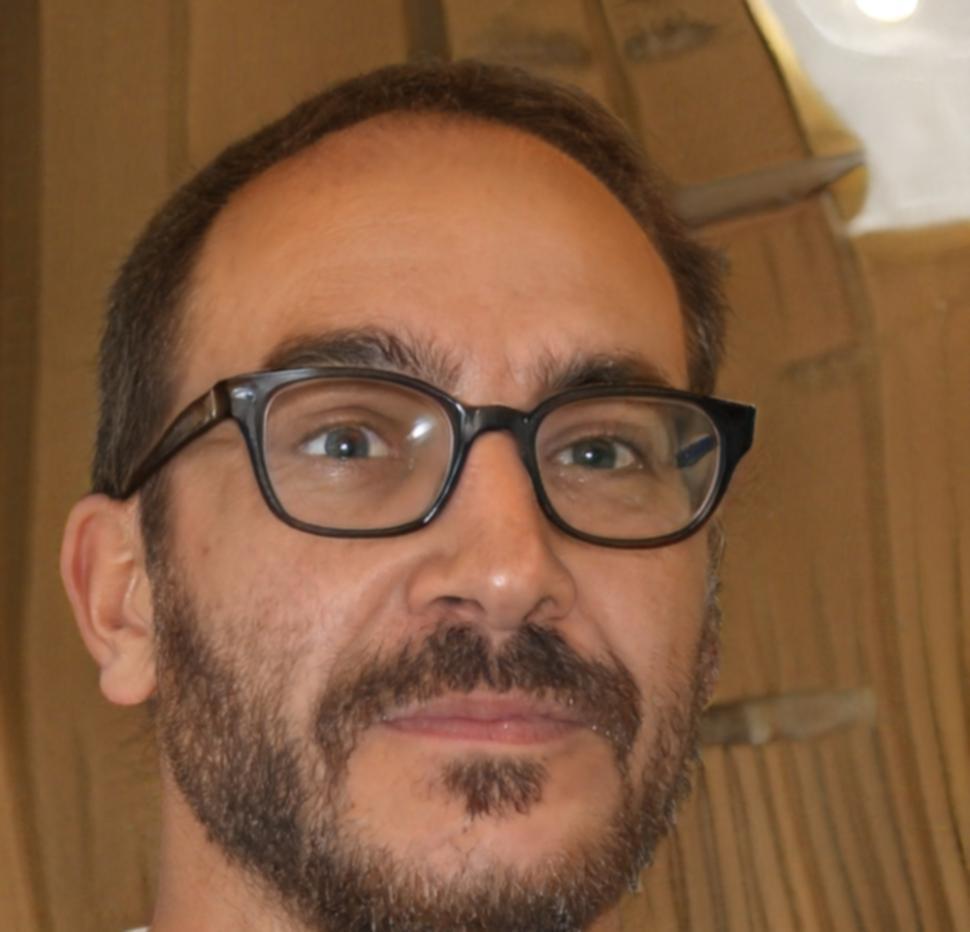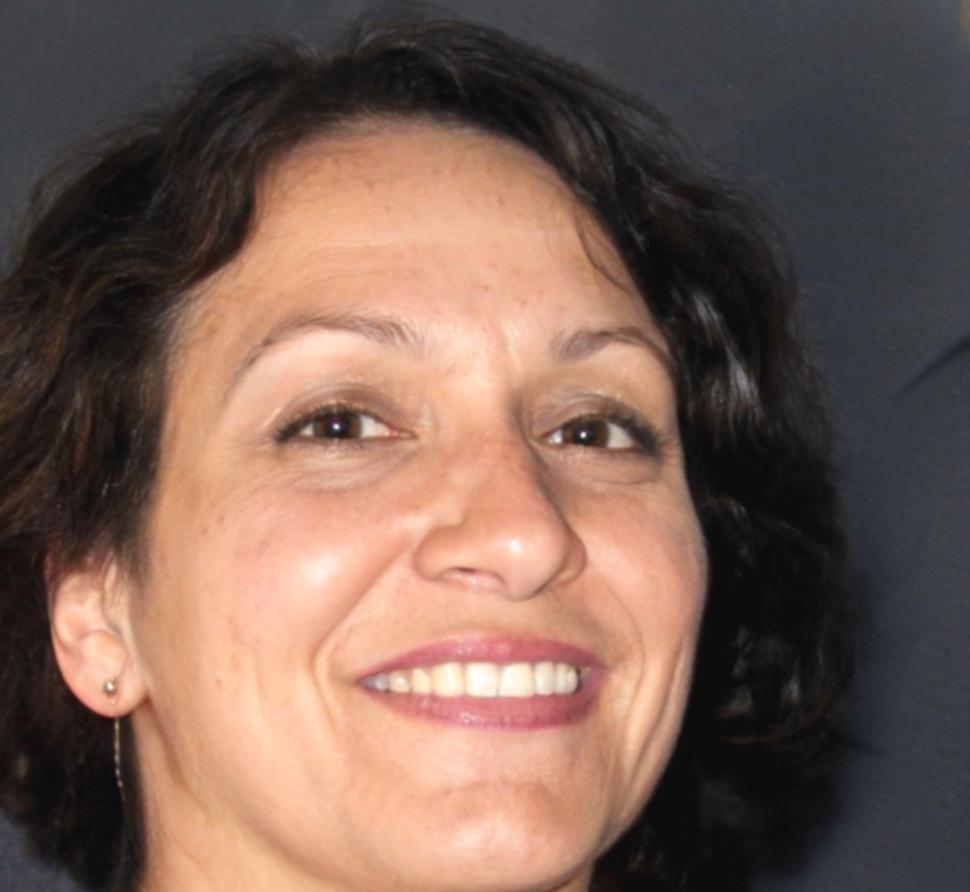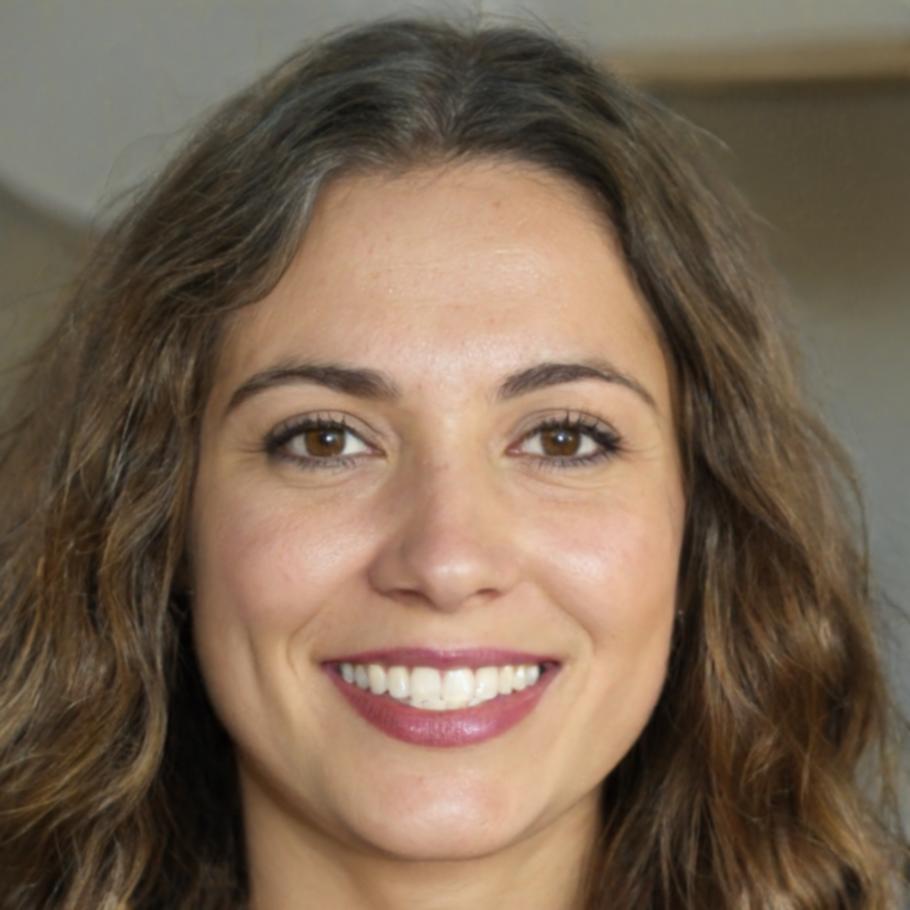Small Group Sessions
Twenty-four students max means you get individual attention when concepts aren't clicking. We can adjust pacing based on how the group is progressing.
Build expertise in multi-year financial forecasting through practical workshops and real-world scenarios. Our September 2025 program runs for nine months and combines technical training with hands-on application.
We've structured the curriculum around progressive skill building. Each phase introduces complexity while reinforcing earlier concepts. You'll work through actual budget scenarios from Thai market contexts.
Get comfortable with financial terminology and basic forecasting principles. We start with simple projections and gradually introduce variables that affect multi-year planning.
Here's where things get interesting. You'll learn to build models that account for seasonal variations, market shifts, and operational changes. Real case studies from Thai businesses provide context.
Connect budgeting with broader business strategy. Learn how different departments interact financially and how to present complex information to stakeholders who might not have finance backgrounds.
Apply everything you've learned to a comprehensive budget planning project. You'll work with real financial data and present your recommendations to industry practitioners who provide feedback.
Our teaching team brings diverse financial backgrounds. They've worked across manufacturing, retail, and service sectors in Thailand. More importantly, they know how to explain complex concepts without unnecessary jargon.

Spent twelve years building budgeting systems for mid-sized manufacturers in Chon Buri. Thanawat focuses on practical modeling techniques that work when your data isn't perfect.

Siriporn worked in retail finance for eight years before moving into consulting. She's particularly good at helping people understand how small operational decisions create big financial ripples.

Naraporn teaches the communication modules. After years presenting to executives who'd rather be anywhere else, she developed methods for making financial information genuinely engaging.
Financial planning education can get dry fast. We structure sessions around actual problems that need solving rather than abstract exercises. Most workshop time involves working through scenarios with instructor guidance.
Twenty-four students max means you get individual attention when concepts aren't clicking. We can adjust pacing based on how the group is progressing.
Every module includes real financial scenarios from Thai businesses. You'll work with actual data sets that contain the messiness of real-world information.
Submit work weekly and get detailed feedback. Not just grades, but specific guidance on improving your analysis and presentation approaches.
Guest practitioners visit throughout the program to discuss how they handle budgeting challenges. It's helpful to hear about real constraints and compromises.
Results vary because everyone starts from different places. But most participants develop tangible capabilities within specific timeframes. Here's what typically happens as you move through the program.
Most students build their first complete annual budget model around week eight. It won't be sophisticated yet, but it works and makes sense.
By month four, you're handling three-year projections with multiple scenarios. You understand how to account for growth assumptions and market uncertainties.
Around month six, students typically feel comfortable presenting financial information to senior stakeholders. You learn to adjust complexity based on your audience.
Program completion means you can manage a full budget planning process. From initial data gathering through final presentation and implementation planning.

We accept twenty-four students per cohort. Applications typically close within three weeks of opening. Program begins September 8, 2025 with sessions on weekday evenings.
Request Program Details